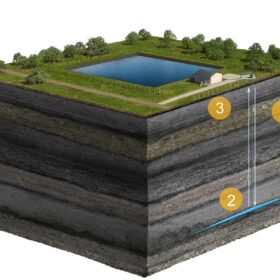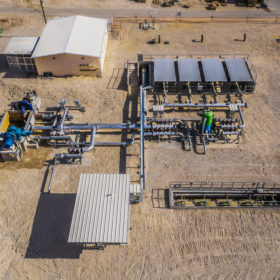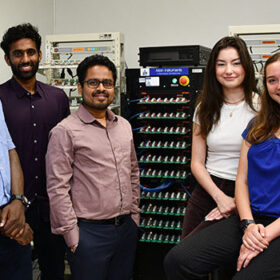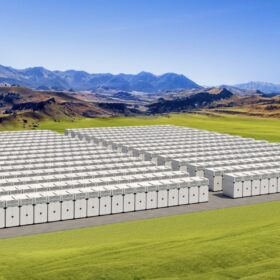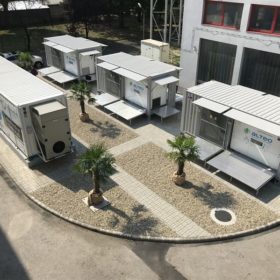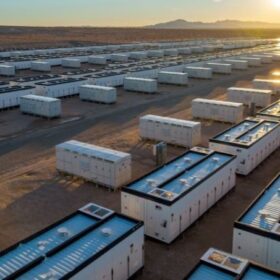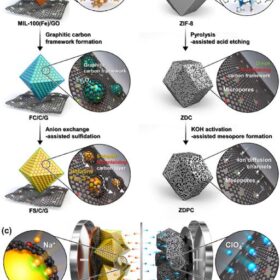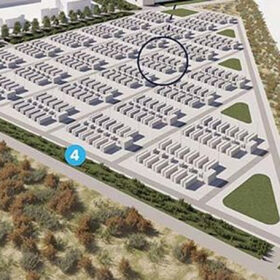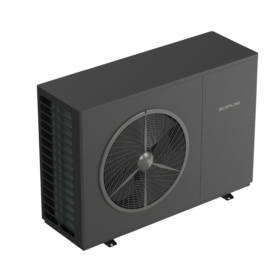Texas to host 300 MW of geomechanical energy storage projects
Quidnet Energy, a provider of geomechanical energy storage (GES) technology, has joined hands with distributed energy resources developer Hunt Energy Network to deliver 300 MW of storage projects in the Electric Reliability Council of Texas (ERCOT) grid operating region.
Poland’s new capacity market auction could hamper storage deployment
The draft parameters for this year’s capacity market auction in Poland could make the rollout of battery energy storage systems (BESS) much more difficult. The document proposes a significant reduction to the BESS derating factor that could be particularly harmful for longer duration storage systems.
Long-duration energy storage poised to outcompete lithium-ion batteries
While most long-duration energy storage (LDES) technologies are still early-stage and costly compared to lithium-ion batteries, some have already or are set to achieve lower costs for longer durations, finds BloombergNEF.
Bringing lithium-sulfur batteries closer to commercialization
Researchers at the University of South Carolina have successfully transitioned their highly-durable lithium-sulfur battery technology from coin to pouch cells and reported competent energy densities.
California crosses 10 GW battery storage threshold
California is adding massive amounts of battery energy storage and the project pipeline shows no sign of slowing down. Batteries are playing an increasingly dominant role on the grid, soaking up solar in the middle of the day and shifting it to the evening peak, where they have become the biggest single supplier.
Hungary awards funding for 440 MW of storage
The Hungarian government has earmarked HUF 62 billion ($169 million) for grid-scale energy storage projects in a bid to facilitate further deployment of renewable energy sources.
IEA calls for sixfold expansion of global energy storage capacity
The International Energy Agency (IEA) has issued its first report on the importance of battery energy storage technology in the energy transition. It has found that tripling renewable energy capacity by 2030 would require 1,500 GW of battery storage.
Sodium-ion battery could charge in several seconds
Researchers at the Korea Advanced Institute of Science and Technology (KAIST) have identified a high-energy, high-power hybrid sodium-ion battery capable of charging in just a few seconds. The system integrates anode materials typically used in batteries with cathodes suitable for supercapacitors.
Europe’s largest battery storage project secures approval
Netherlands-based developer Giga Storage has obtained the irrevocable permit for the construction of a 600 MW/2,400 MWh battery energy storage system (BESS) project in Belgium.
EcoFlow unveils air-to-water heat pump, PV-powered water heater
EcoFlow has launched a new air-to-water heat pump for residential applications. The new product, equipped with R290 refrigerant, is available in 9 kW and 20 kW versions. The US-headquartered manufacturer has also developed a new smart immersion heater, which uses surplus solar energy to heat up water. It is compatible with all available rooftop PV systems.

